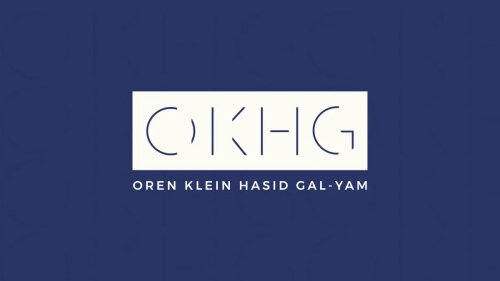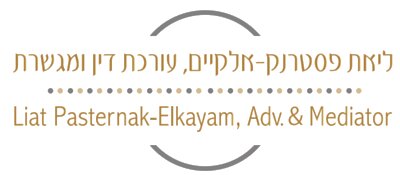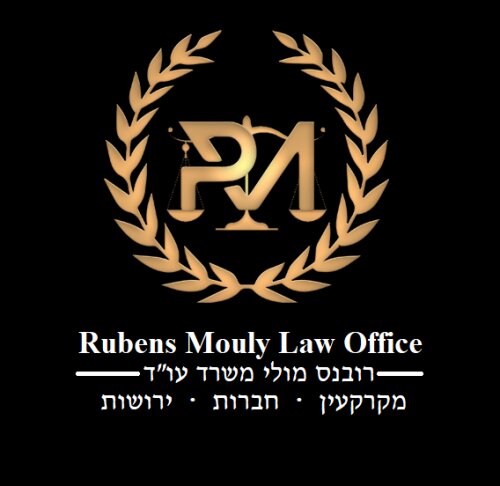Best Antitrust Lawyers in Israel
Share your needs with us, get contacted by law firms.
Free. Takes 2 min.
Or refine your search by selecting a city:
List of the best lawyers in Israel
About Antitrust Law in Israel
Antitrust law in Israel is designed to ensure fair competition, prevent monopolistic practices, and protect consumers and businesses from unfair practices. These laws are intended to foster a competitive economy by regulating the conduct and structures of businesses in order to prevent anti-competitive behavior. The Israeli Antitrust Authority (IAA) is the primary regulatory body responsible for enforcing these laws, investigating complaints, and ensuring compliance with competition regulations.
Why You May Need a Lawyer
There are several situations where you might need legal assistance in the field of antitrust:
- If you believe your business is facing unfair competition or monopolistic practices from a competitor.
- If you're involved in a merger or acquisition that may require antitrust clearance from the authorities.
- If your business is being investigated by the IAA for potentially anti-competitive practices.
- If you need to navigate compliance with local regulations to ensure your business practices are within legal boundaries.
- If you're involved in litigation related to antitrust issues.
Local Laws Overview
The cornerstone of antitrust law in Israel is the Restrictive Trade Practices Law, 1988, commonly known as the Antitrust Law. Key aspects include:
- Prohibition of Restrictive Arrangements: Any arrangement between parties that restricts competition, unless specifically exempted or approved by the IAA.
- Abuse of Dominant Position: Dominant businesses are prohibited from abusing their market position to reduce competition.
- Merger Control: Mergers and acquisitions that exceed certain thresholds must be reported to and cleared by the IAA.
- Monopolies: A business is considered a monopoly if it controls more than 50% of a market for a particular type of goods or services.
Frequently Asked Questions
What is the purpose of antitrust law?
The purpose of antitrust law is to promote fair competition and prevent anti-competitive practices that can harm businesses and consumers.
What is considered a restrictive trade practice?
A restrictive trade practice is any agreement or arrangement that restricts free competition between businesses, such as price-fixing or market allocation.
What is a merger notification?
A merger notification is a necessary reporting step for companies planning to merge or acquire another company if they exceed certain size and revenue thresholds.
How does the IAA handle investigations?
The IAA conducts investigations to determine if there are violations of antitrust laws. They can request documents, conduct hearings, and impose sanctions if necessary.
What are the penalties for violating antitrust laws?
Penalties can include fines, orders to cease and desist, and in severe cases, criminal charges against individuals and companies involved.
Can a company be exempted from antitrust laws?
The IAA can grant exemptions for certain agreements if they contribute more to the public interest and competition than the potential harm they may cause.
How can I report an alleged antitrust violation?
You can file a complaint directly with the IAA, which will then review the evidence and decide whether to investigate the matter further.
What constitutes market dominance?
A company is considered dominant if it holds a significant portion of the market share, typically over 50%, which enables it to affect market conditions independently.
How long does the merger review process take?
The IAA aims to complete merger reviews within 30 days, but complex cases may take longer depending on the specifics of the case.
Can antitrust decisions be appealed?
Yes, decisions by the IAA can be appealed in the Israeli court system, providing an avenue for review and, if necessary, overturning of decisions.
Additional Resources
For further information, consider consulting the following resources:
- The Israeli Antitrust Authority (IAA): Regulates and provides guidance on competition issues.
- The Ministry of Economy and Industry: Offers resources on business regulations and support.
- Legal publications and journals on Israeli competition law.
- Local law firms specializing in competition law for expert advice and representation.
Next Steps
If you require legal assistance with antitrust matters in Israel, consider the following steps:
- Identify and document the issues or situations prompting the need for legal advice.
- Consult with a law firm or attorney specialized in antitrust law for preliminary guidance.
- Prepare any necessary documentation or evidence related to your case or inquiry.
- Engage with professional legal services to receive tailored advice and potential representation.
Having a clear understanding of your situation and the relevant antitrust laws will enable you to proceed effectively with your legal matters.
Lawzana helps you find the best lawyers and law firms in Israel through a curated and pre-screened list of qualified legal professionals. Our platform offers rankings and detailed profiles of attorneys and law firms, allowing you to compare based on practice areas, including Antitrust, experience, and client feedback.
Each profile includes a description of the firm's areas of practice, client reviews, team members and partners, year of establishment, spoken languages, office locations, contact information, social media presence, and any published articles or resources. Most firms on our platform speak English and are experienced in both local and international legal matters.
Get a quote from top-rated law firms in Israel — quickly, securely, and without unnecessary hassle.
Disclaimer:
The information provided on this page is for general informational purposes only and does not constitute legal advice. While we strive to ensure the accuracy and relevance of the content, legal information may change over time, and interpretations of the law can vary. You should always consult with a qualified legal professional for advice specific to your situation.
We disclaim all liability for actions taken or not taken based on the content of this page. If you believe any information is incorrect or outdated, please contact us, and we will review and update it where appropriate.
Browse antitrust law firms by city in Israel
Refine your search by selecting a city.













